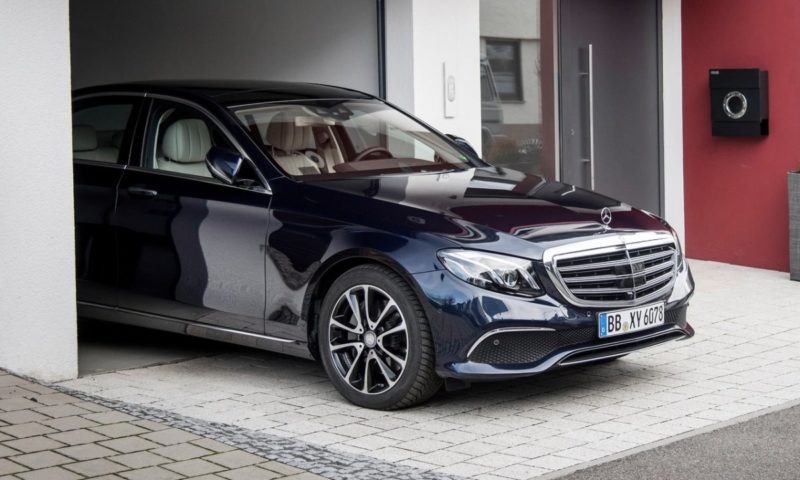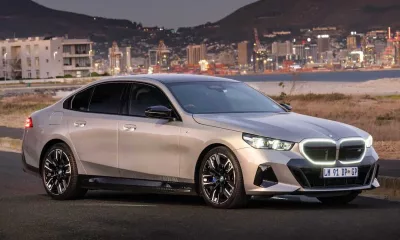
A new report reveals that Mercedes-Benz is being accused of using up to eight cheat devices to falsify its emissions claims for turbodiesel cars. The unit tested by the Deutsche Umwelthilfe (DUH) organisation was a Euro 6 2016 E350d Bluetec.
According to Autocar, The DUH discovered that emissions of poisonous nitrogen oxide spiked by up to 500% during tests of the five year-old sedan. Previously, Mercedes-Benz has been forced to recall 774 000 diesel cars after German KBA association found “unauthorised defeat devices” in four-cylinder diesel engines with an SCR filter using AdBlue to reduce emissions.
The KBA said it was “aware” of the eight defeat devices found by DUH in models with the OM 642 turbodiesel unit and said that they were “not inadmissable”, meaning they judged that they thought would be allowable for the car.
Daimler argued at the time that car makers are permitted to switch off the SCR filter in diesel engines in the interests of engine longevity. In response to this, critics have argued that automotive manufacturers have used loopholes in the rules to make cars appear clean in testing facilities while allowing significantly higher emissions in normal driving.
DUH claimed six of the defeat devices found on the six-cylinder engine in the E350d related to the SCR filter system, reducing the amount of AdBlue cleaning fluid used, while two affected the vehicle’s exhaust gas recirculation system.
DUH said its tests related to a single model but are confident that it would be relevant to other vehicles using the same engine, citing the ability of manufacturers to use the same registration data for a particular engine across a number of different models. Model lines using the OM642 engine with the Bluetec SCR system, for example, include the E-Class, GLC, GL and G-Class.
“Daimler couldn’t plausibly claim that the defeat devices were needed for engine protection,” said Jürgen Resch, federal managing director of DUH. “The reason is as simple as it is cynical: it is about maximising profit at the expense of the environment and the health of the city dwellers.” Daimler denies these allegations.
A Mercedes-Benz spokesperson told the British publication: “In our view, these are not to be assessed as illegal defeat devices in the interaction and overall context of the highly complex emission control system.
“The vast majority of rulings in German regional courts and higher regional courts continue to be in Daimler’s favour. In approximately 95 per cent of cases, the courts rule in favour of the company.
“At the regional court level, there are more than 15 500 decisions dismissing lawsuits in favour of the company. In only about 900 cases was the decision against the company.
“There are now around 900 decisions in our favour at the higher regional courts and only three decisions against us.
“The German Federal Court of Justice (BGH) has also confirmed key points of Daimler AG’s legal opinion in several decisions.
“In particular, the Federal Court of Justice (BGH) has held in these and other decisions that an allegedly inadmissible defeat device in the engine control unit alone does not give rise to a claim for damages.”




